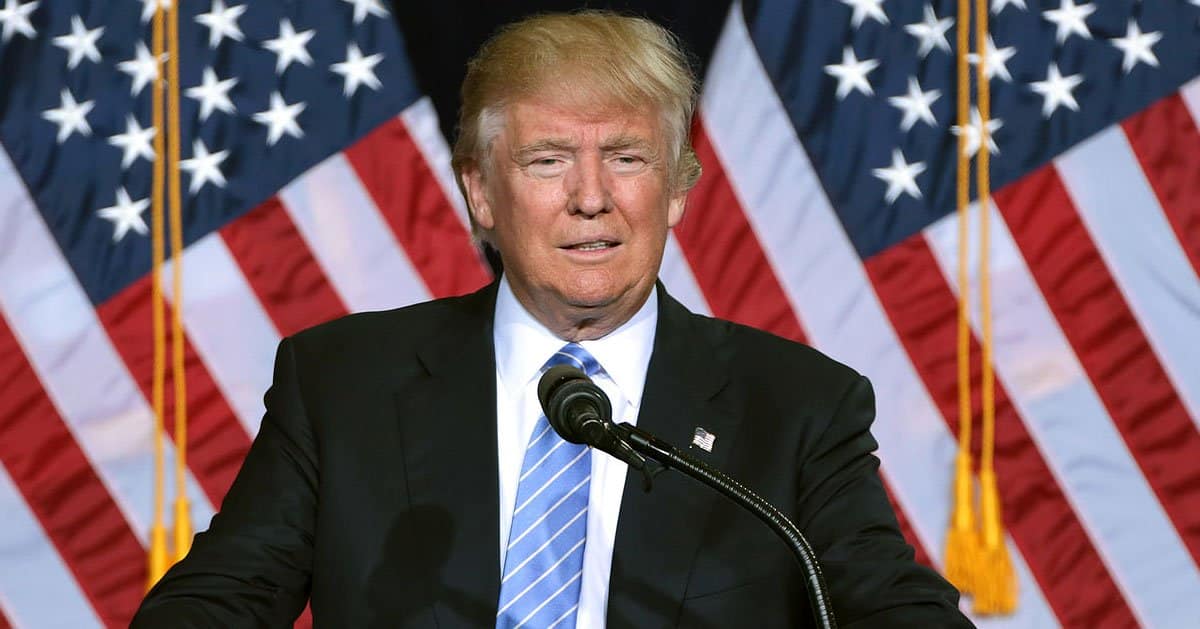







Israeli Prime Minister Benjamin Netanyahu just issued a rare apology to Qatar for a military strike on their soil, and President Donald Trump was right in the middle of the diplomatic drama.
Fox News reported that a deadly Israeli airstrike targeting Hamas leaders in Qatar earlier this month, coupled with Trump's unveiling of a bold peace plan for Gaza, has shaken up U.S. relations with both nations.
Let's rewind to the beginning. Earlier in September, Israel's military launched a precision strike in Qatar aimed at senior Hamas figures.
Tragically, this operation resulted in the death of a Qatari security official, sparking outrage in a country that hosts thousands of U.S. troops and plays a pivotal role in ceasefire talks.
Fast forward to September 29, and Netanyahu found himself on a trilateral call with Qatar’s Prime Minister and Trump, expressing deep regret for the incident. He acknowledged that Israel overstepped by violating Qatari sovereignty while chasing Hamas during sensitive hostage negotiations.
“Deep regret that Israel’s missile strike... unintentionally killed a Qatari serviceman,” Netanyahu reportedly said, per a White House readout. Well, that’s a start, but let’s be real—actions speak louder than words, and conservatives know that sovereignty isn’t just a buzzword; it’s a bedrock principle.
This wasn’t just a mea culpa for show. Netanyahu promised Israel wouldn’t pull such a stunt on Qatari soil again, a pledge that might ease tensions but leaves questions about how Israel balances its security needs with diplomatic respect.
Enter President Trump, who hosted Netanyahu for talks on the same day and described their discussion with Qatar as a “heart-to-heart.” He’s clearly trying to stitch together a fragile alliance here, and for good reason—Qatar’s role as a mediator and U.S. military host is too critical to ignore.
The trio didn’t just chat; they agreed to form a formal trilateral mechanism to boost security cooperation and prevent future misunderstandings. In a world where progressive policies often muddy the waters of national interest, this kind of clear-eyed collaboration feels like a breath of fresh air.
Trump didn’t stop there. On or around September 29, he rolled out a 20-point peace plan to end the war in Gaza, a bold move that could either be a game-changer or a long shot, depending on how you slice it.
This plan isn’t just window dressing—it’s got teeth. It calls for amnesty for Hamas members who lay down their weapons, a “deradicalized terror-free zone” in Gaza, and an Israeli withdrawal from the territory if terms are met.
Here’s the kicker: within 72 hours of Israel signing on, Hamas must release all remaining hostages, alive or dead. In return, Israel would free 250 life-sentence prisoners and over 1,700 Gazans detained since October 7, 2023—a tough pill for many conservatives to swallow, but a necessary trade for peace.
There’s more—Hamas members opting for peace get safe passage out of Gaza, and the region wouldn’t be run by Hamas or the Palestinian Authority, but by those committed to non-violence. It’s a vision that prioritizes security over endless conflict, something any sensible person can get behind, even if the devil’s in the details.
Of course, the big question mark is Hamas itself. As of the latest update on September 29, they haven’t accepted the deal, and why would they rush to disarm when chaos has been their currency for so long?
Trump’s no stranger to hardball, and his peace plan seems to balance a carrot with a very big stick. While some might call it overly optimistic, it’s a refreshing rejection of the endless hand-wringing we often see from the left on Middle East policy.



